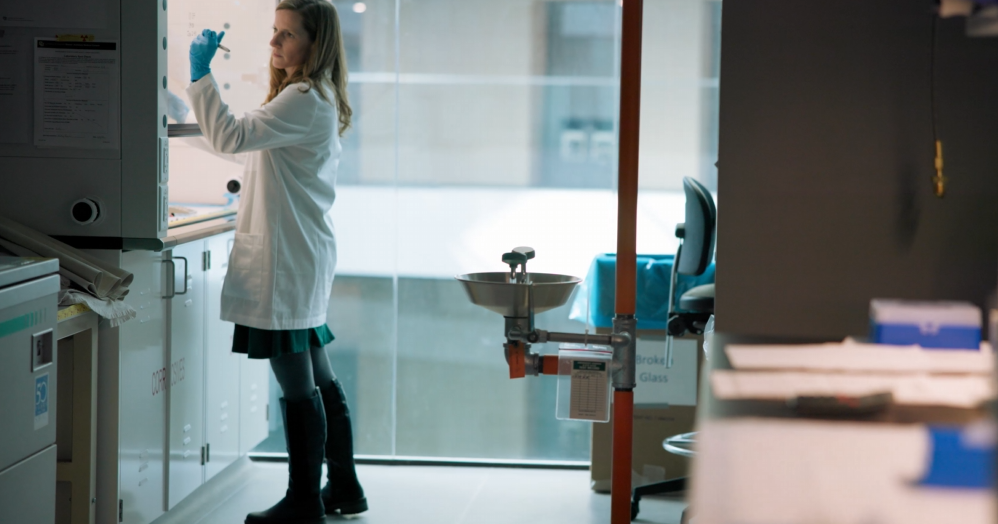Some Americans are reaching for sunscreens made outside the U.S. Here's what skincare experts think about it.
Sunscreen with an SPF of 30 or higher is your best defense against the sun's harmful rays — but is your sunscreen falling behind other options available around the world?
Because the United States regulates sunscreen as a drug, experts say consumers are limited in their options compared to other places like Europe and South Korea, where sunscreen is regulated like a cosmetic.
"Because sunscreens are considered drugs, they are tightly regulated and require extensive testing to be approved to be sold in the U.S. This regulation has unfortunately led to far fewer available ingredients that filter UV rays for U.S. sunscreen manufacturers," says Dr. Samer Jaber, board-certified dermatologist at Washington Square Dermatology in New York.
Dija Ayodele, a London-based skin care expert and author of "Black Skin: The Definitive Skincare Guide," notes there are still "good quality sunscreen ingredients in the States, it's just that they're very old and technology moves on so fast. ... The FDA isn't keeping up."
The Food and Drug Administration explains it regulates any sunscreen sold in the U.S. as a drug because it "makes a drug claim — to help prevent sunburn or to decrease the risks of skin cancer and early skin aging caused by the sun."
The last UV-filtering sunscreen ingredient approved in the U.S. was in 1999, Jaber says, "whereas in Europe and Asia there have been numerous new UV filtering agents approved for use."
Why Americans are reaching for European or Korean sunscreens
In order to get their hands on more innovative products, some Americans turn to international sunscreens, something Ayodele has seen firsthand.
"Whenever I have American friends come to London, there's always a massive haul of sunscreens," she says. "The internet makes the world a very small place, and obviously American consumers can see what is available outside of the U.S."
Knowing how much choice there is elsewhere can make the domestic options feel even more outdated.
"Brands in the EU and in the Korean market, for example, are able to make their product more than just sunscreen, they're able to produce very elegant cosmetic formulations that give you very high protection SPF but at the same time, they are a dream to use," Ayodele says. "And with the old filters that you have in the states, sunscreen can be very clunky to use, especially with these old formulas. And people want the best. They want access to newer, higher-performing filters."
For example, Black consumers looking to protect against skin cancer want formulas that don't leave a white residue or white cast on the skin, Ayodele explains, which can be harder to find in some products.
"We are encouraging Black people and people of color to use sunscreen. How are we to do this if the choice available leaves a very unsightly mask on the skin?" Ayodele says.
Plus, other sunscreens may have more detailed information on protection levels.
"Other sunscreens — particularly from Asia — specify the level of protection against UVA rays through the PA system (Protection Grade of UVA Rays) in addition to the protection against UVB rays (SPF), whereas in the U.S. products disclose only SPF and will state 'broad spectrum' for any coverage against UVA rays," Jaber says.
What should you look for in your sunscreen?
If you want to stick to shopping at home, Jaber recommends finding a broad spectrum SPF 30 or higher sunscreen that looks and feels good on your skin.
"If you don't like the way it feels, or it results in a white cast, you won't use it," he says. "My favorite ingredients are physical mineral blockers like zinc oxide and titanium dioxide. They offer UVA and UVB protection, are very safe — the only two sunscreen ingredients that the FDA has called definitely safe. And because physical sunscreens sit on the top of the skin and work to reflect UV rays, they are less irritating than chemical sunscreens and better for sensitive skin."
For patients of color looking to reduce a white cast on the skin, Jaber recommends a sunscreen that offers a combination of physical and chemical ingredients, or a pure chemical sunscreen, as they are less likely to cause it compared to a 100% physical sunscreen.
The bottom line? Even if there is more sunscreen innovation out there, any protection is better than nothing when it comes to protecting yourself against skin cancer.







